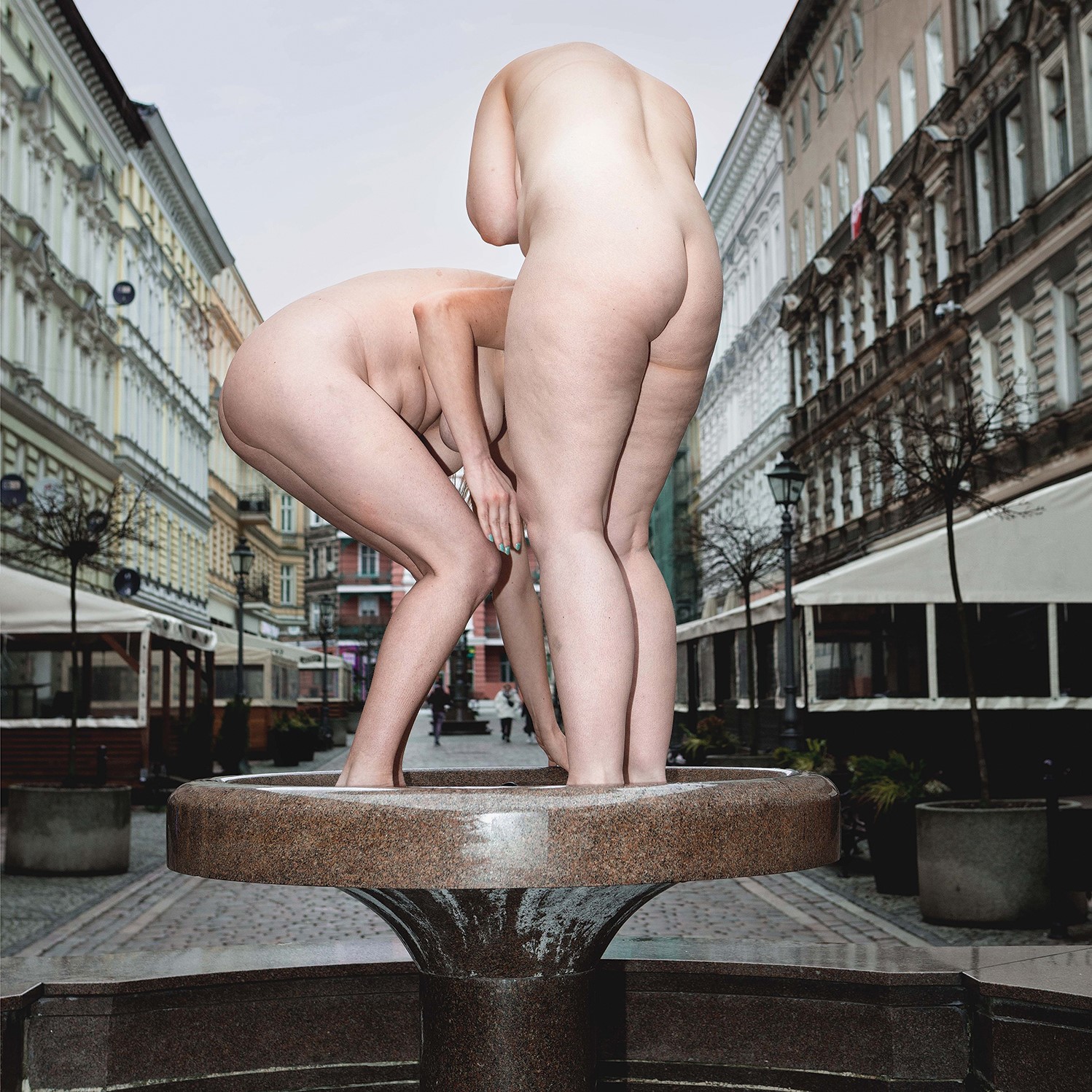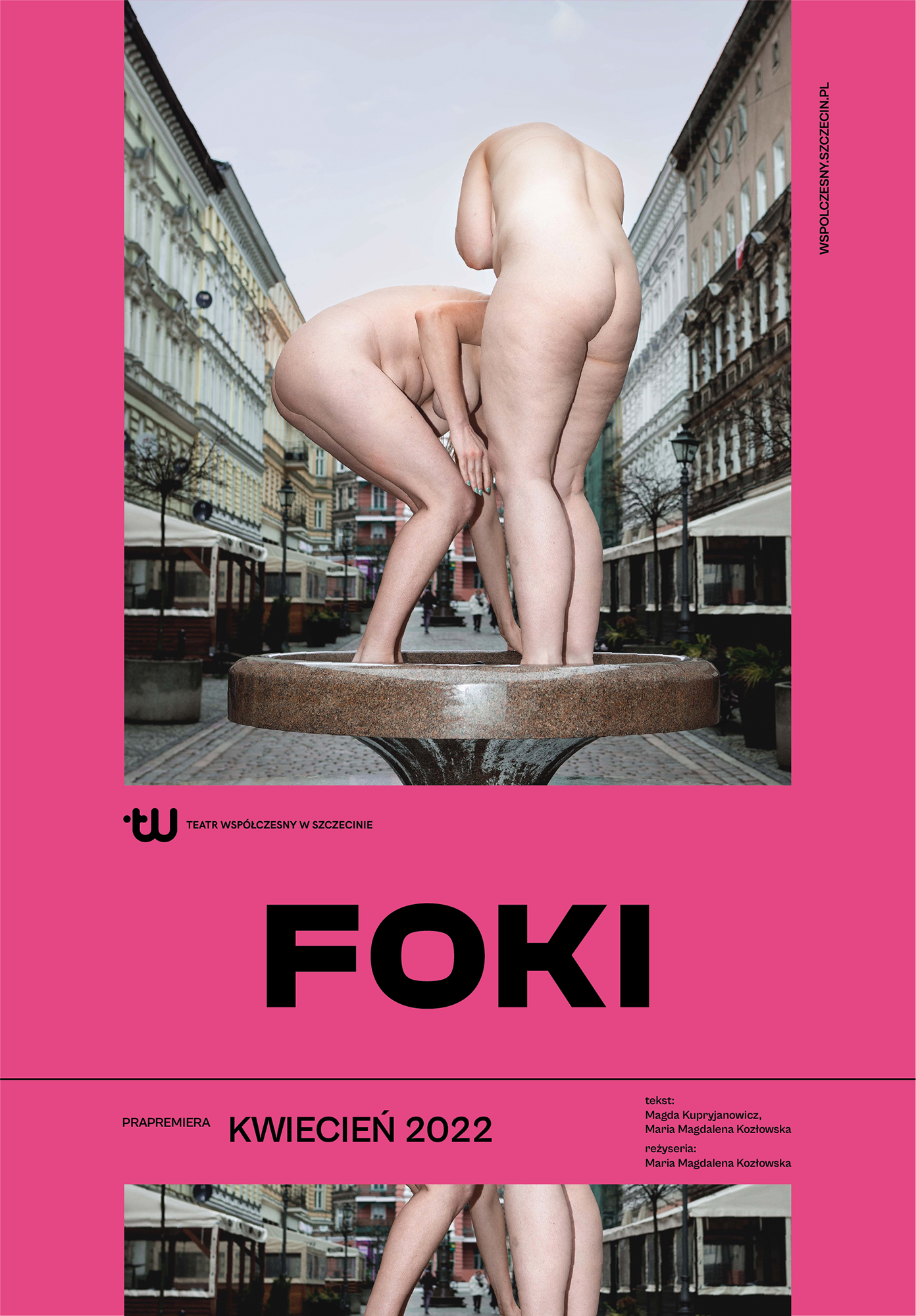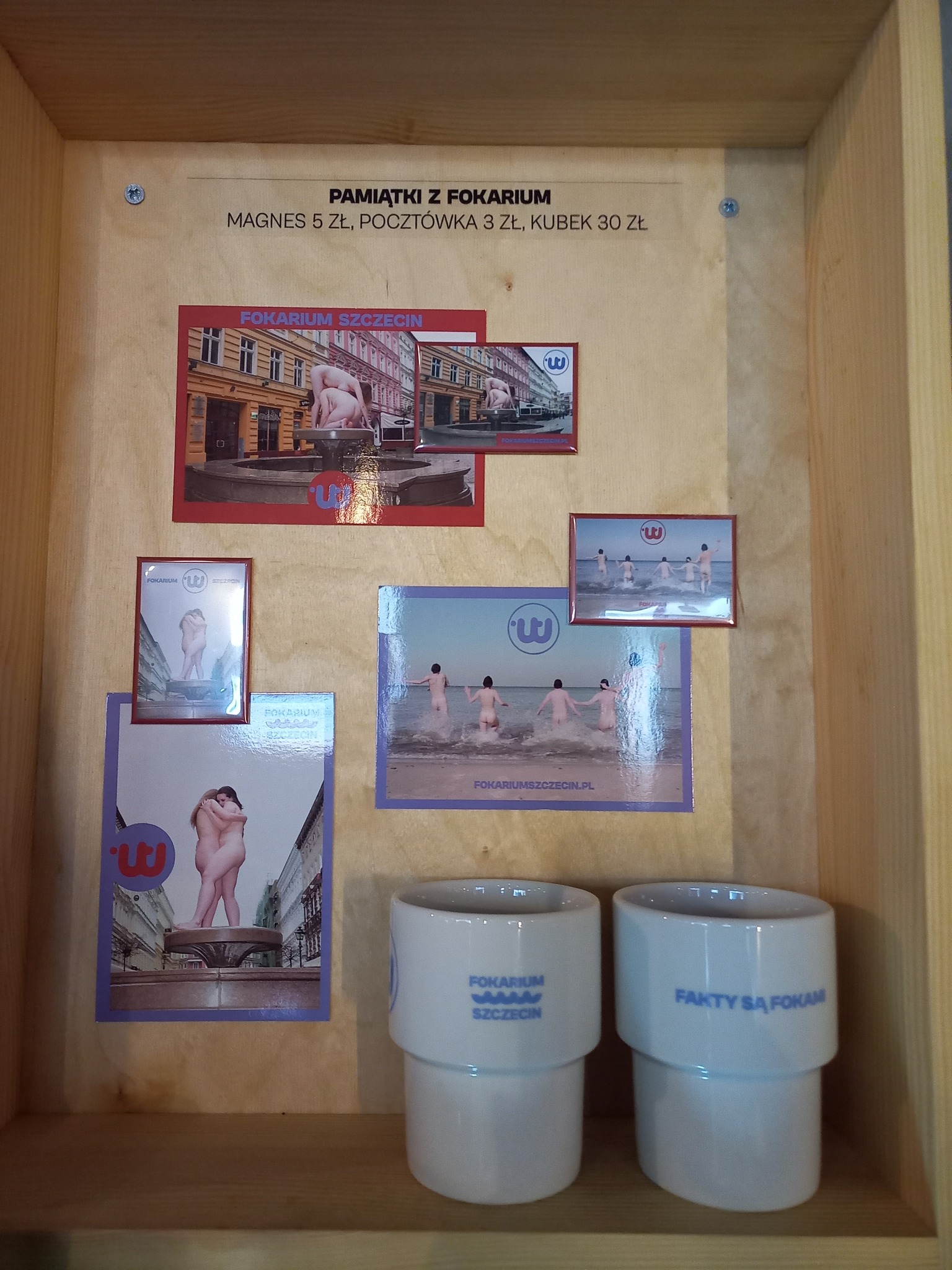Seals
- reżyseria: Maria Magdalena Kozłowska

Poland is abuzz with an unusual piece of news: the residents of the seal sanctuary in Szczecin have staged "Grażyna" by Mickiewicz. The event is a mystery both for scientists and theater critics. Is the performance a coded message from animals to humans? A symptom of the climate crisis? Or is it simply overinterpretation, fake news, or propaganda?
According to the idea of Paweł Soszyński and Maria Magdalena Kozłowska. The text includes excerpts from actor improvisations.
Obsada
Realizatorki i realizatorzy
- tekst: Magda Kupryjanowicz, Maria Magdalena Kozłowska
- reżyseria: Maria Magdalena Kozłowska
- dramaturgia: Magda Kupryjanowicz
- kostiumy i scenografia: Jan Tomza-Osiecki
- muzyka: Maria Magdalena Kozłowska
- reżyseria światła: Aleksandr Prowaliński
- wideo: Witek Orski, Maria Toboła
- konsultantka merytoryczna: Anna Barcz
- asystent reżyserki: Nikodem Księżak
Meanwhile, human actors are collectively experiencing a nervous breakdown. The insane popularity of seals is stealing the theater's audience. To regain it, actors are searching for the essence of being on stage once again. Is it about evoking laughter? Tears? Or perhaps melting into a choral song?
Are we witnessing the end of human theater? Even if that's the case, we invite you to celebrate its final moments together!
Theatrical Podcast: Only by Speaking, We Won't Be Silenced – a report. Maria Magdalena Kozłowska (director and co-author of the text) and Magda Kupryjanowicz (co-author of the text, dramaturge) talk about the performance. Conversation in Polish

Poster design: Pełnia Studio, photo by Karolina Babińska
The poster was created based on documentary photography from the urban sculpture performance involving Maria Magdalena Kozłowska and Paulina Kitlas.
The performance is accompanied by a "Souvenirs from the Seal Sanctuary" shop (Teatr Mały), where you can buy magnets, postcards, and mugs with the logo of the Szczecin seal sanctuary.

Reviews
- „Foki (…) stały się nie tylko drwiną z nadmiaru klasyki w repertuarach czy udziwnionych szat, w które ubiera się dzieła dawnych mistrzów – ale scenicznym esejem o coraz silniejszych w teatrze lęku i niepewności, o obawie przed odchodzeniem sprawdzonych rozwiązań i poetyk czy utartych hierarchii”.– Witold Mrozek, Dwutygodnik
Multimedia
